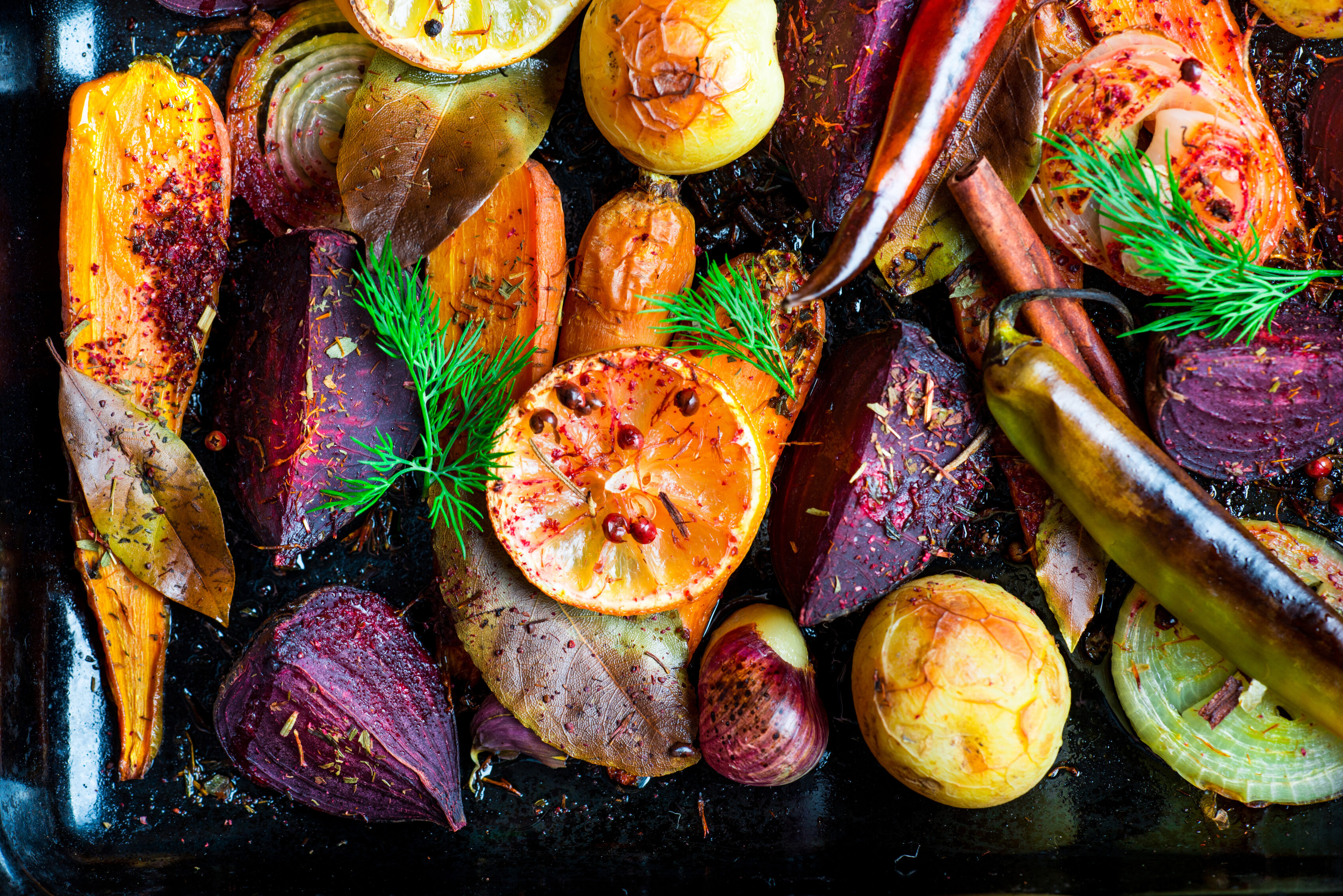New research reveals the extent of the damage animal agriculture is doing to the planet
New research published this January in the journal Science by researchers from the University of Oxford highlights just how damaging animal agriculture is and how beneficial eating plant-based really can be.
The paper provides up-to-date evidence for the importance of individuals changing their diet if they want to help the animals and the planet. One of the researchers even went vegan during the four year study as a result of his findings!
The research analysed data from over 38,000 farms across the world and for the first time brought together information to assess agriculture’s impact on greenhouse gas (GHG) emissions, land and freshwater use, terrestrial acidification and eutrophication (soil and water pollution).
The results are startling. Meat, dairy, aquaculture and egg production use 83% of the world’s farmland, contributing 56-58% to emissions produced by food production, and contribute just 18% of calories and 37% of protein.
Even the impacts of the lowest-impact meat and dairy products exceed average impacts of plant-based protein alternatives across GHG emissions, eutrophication, acidification (excluding nuts), and land use.
So, why is this? The cost of producing animal-derived products is so high due to the emissions at every stage of the process. Land degradation to create farmland, growing animal feed, raising animals to slaughter weight, then transporting and slaughtering animals to produce small amounts of meat or dairy relative to these inputs. However, if you simply consume plant-based protein like tofu, peas, pulses and grains – ironically grown and fed to farmed animals – then you are essentially cutting out the middleman and avoiding the harmful environmental effects. It’s a win-win! The researchers compare converting plant protein into animal protein to converting coal to fuel – both processes are extremely resource intensive and incredibly damaging to the environment.
In fact, the paper concluded that moving to a diet that excludes animal products has transformative potential, reducing food’s land use by 76%, food’s GHG emissions by 49%, acidification by 50%, eutrophication by 49% and freshwater use by 19%.
So, according to the science, we should all be reducing our consumption of animal products and moving towards a more plant-based diet. If this sounds like something you want to do, we’re here to support you on your journey. Check out the Love Veg site for all of our advice, tips and recipes and sign our Love Veg pledge today.
What’s your motivation for reducing or eliminating animal products? Tell us in the comments below!
Sign up

